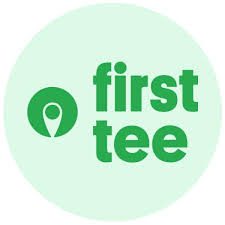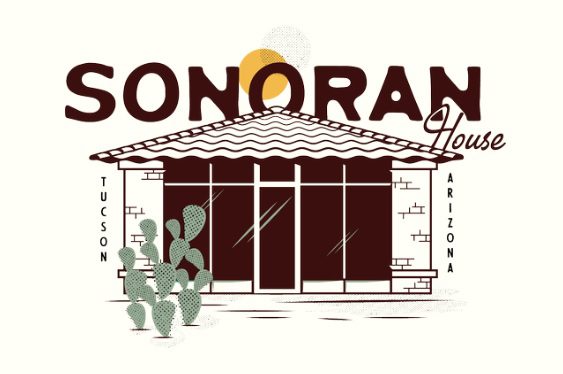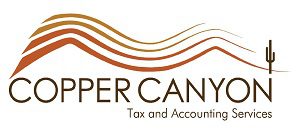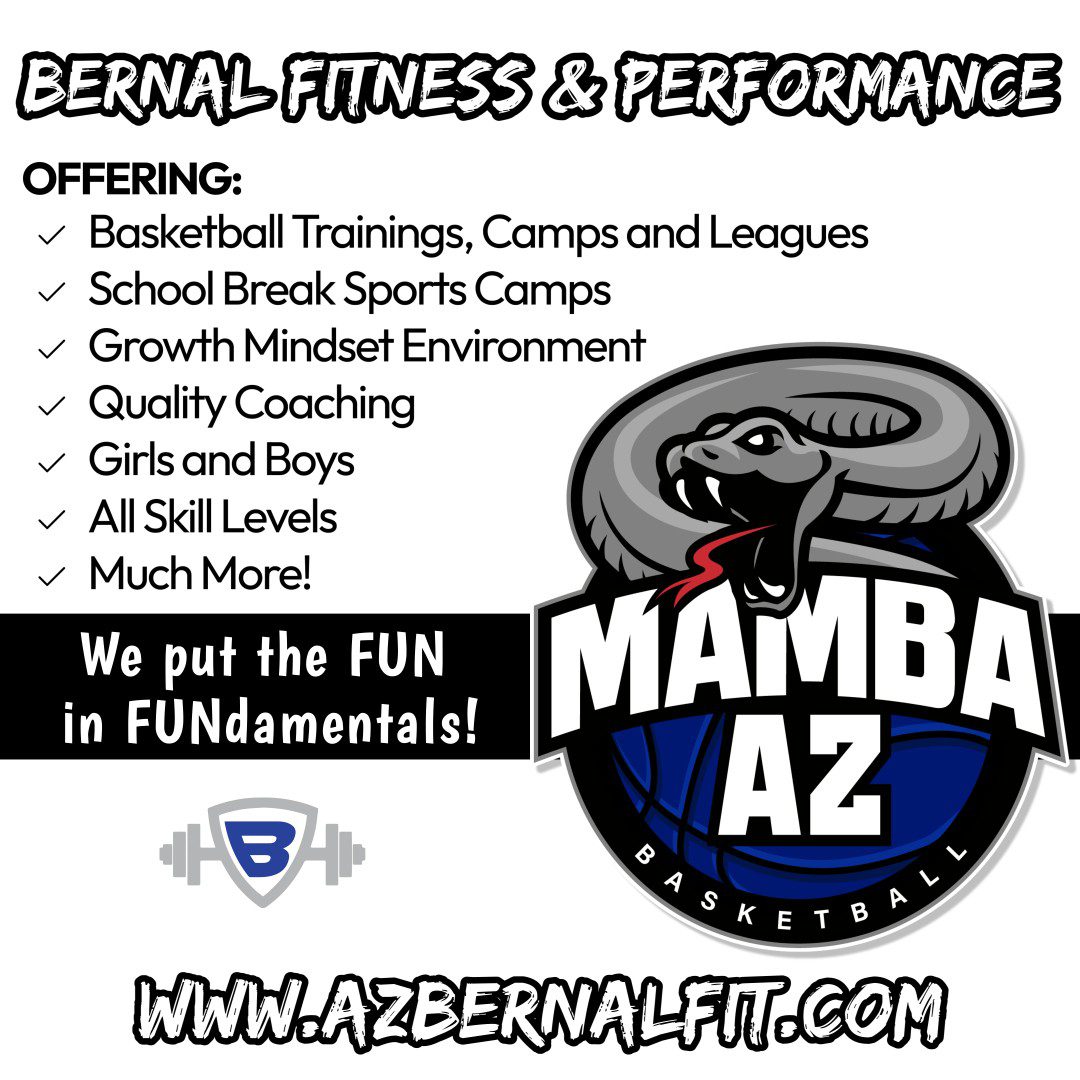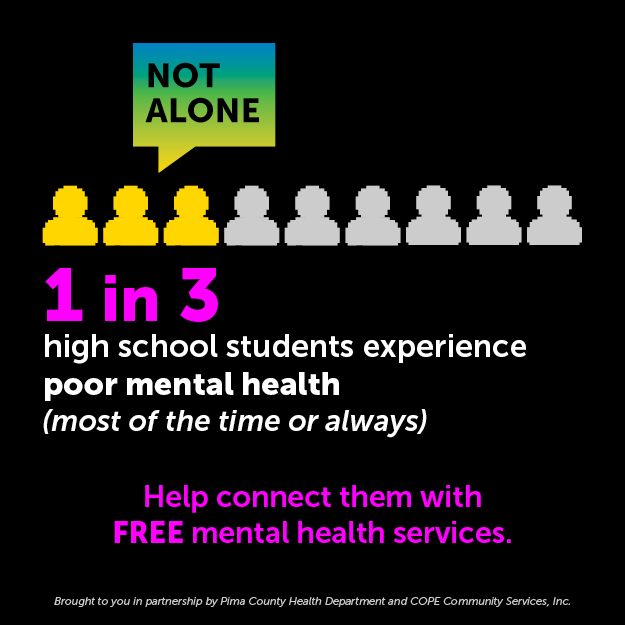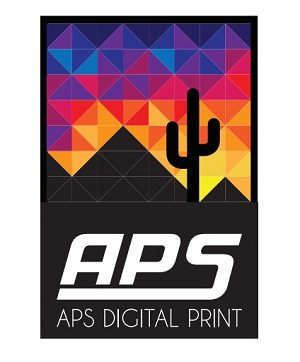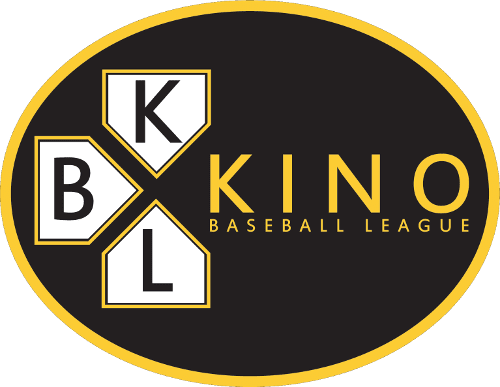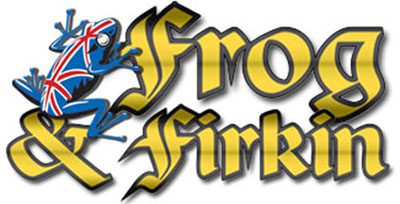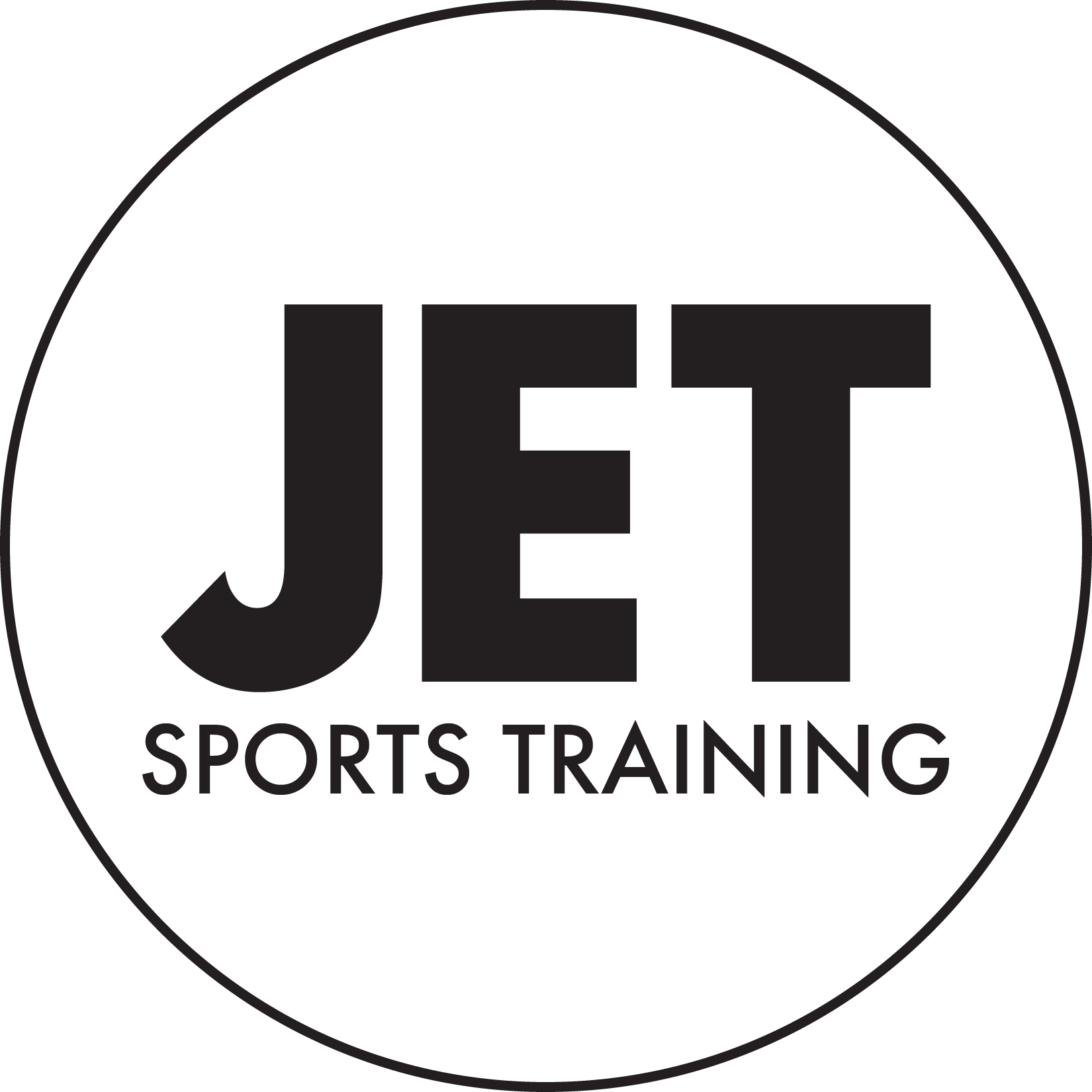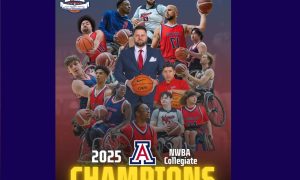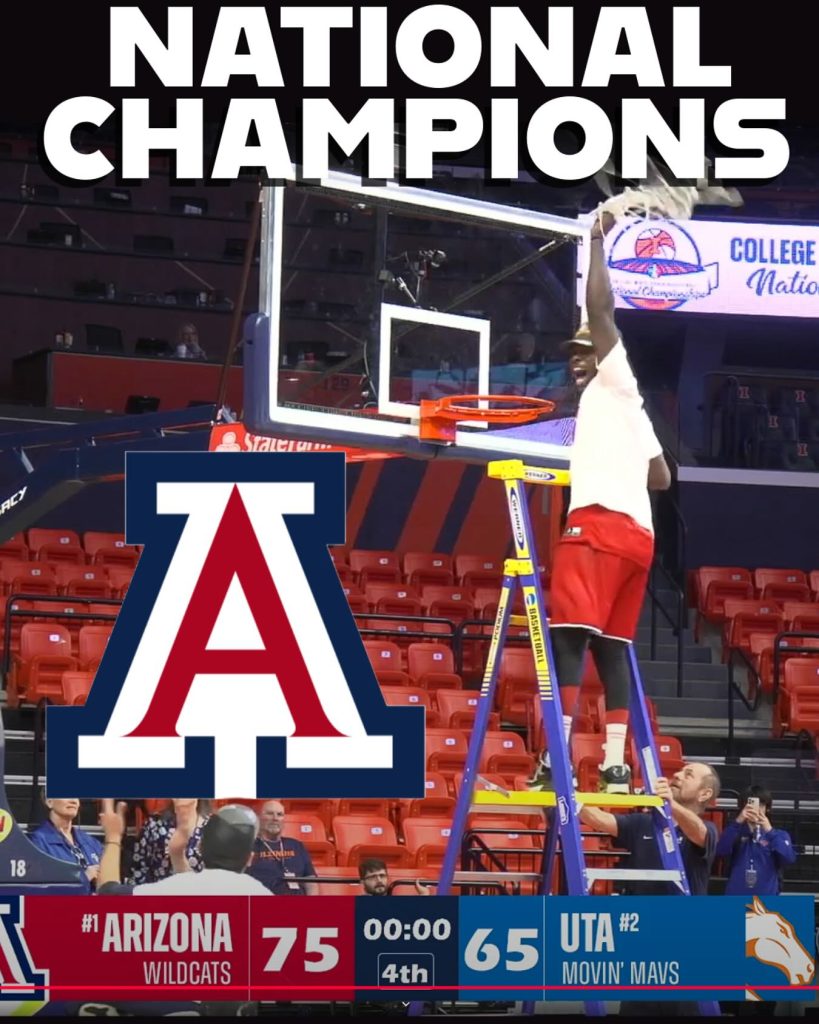
After winning its first National Intercollegiate Wheelchair Basketball Tournament championship Saturday, the Arizona men’s team is hoping to parlay the success into increased support from the community for the budding program.
A significant avenue for that is Arizona hosting the NIWBT next year from March 31 to April 4 at McKale Center. The program, which started its student-based operation in 2019 with Mike Beardsley as head coach, put a bid in to the National Wheelchair Basketball Association to host the national tournament before winning the title this weekend.
Beardsley’s team won its three games in the NIWBT at Champaign, Ill., capped by Saturday’s 75-65 win over Texas-Arlington in the championship game.
Congratulations to the Arizona men’s wheelchair basketball team for capturing their first national championship in today's National Intercollegiate Wheelchair Basketball Tournament final at Champaign, Ill.
Story – https://t.co/9qeKDVq2eW
— pic.twitter.com/FIezZbPIFL— Javier Morales (@JavierJMorales) March 30, 2025
Beardsley mentioned the NWBA had already granted the request for Arizona to host the national tournament next year. Now the Wildcats can potentially repeat as national champions in front of the home crowd.
“We really would love the community to come out and support and really pack the house, especially for when our team is playing,” Beardsley said. “This weekend, when we played, we had a huge parent group come out. Just the momentum that they carried us, through some tough times, it really helped. I’d love to see that translate with people in the community out here.”
Arizona’s women’s team, which finished fourth in the national tournament at Champaign, will also play in front of the home crowd. That team is coached by Josie Aslakson.
Tucson has a history of offering support to wheelchair basketball on a grand scale.
McKale Center held the largest crowd in the nation to watch a college wheelchair basketball game when the wheelchair team — called the Wildchairs back then — played the men’s basketball team with Steve Kerr and Sean Elliott after the Wildcats competed in their first Final Four in 1988. The exhibition drew more than 11,000 fans.
The significant difference between the wheelchair team from then to now is Beardsley’s team is set up like Tommy Lloyd’s team — comprised of only full-time students who must maintain their eligibility by achieving at least a 2.50 GPA.
Beardsley and assistant coach Danny Maravilla recruit internationally.
Blaise Mutware, a graduate player from Toronto, led the Wildcats with 10 steals and also had eight points, eight rebounds and four assists in the win over UT-Arlington.
Brandon Louie, a sophomore from Los Altos, Calif., is on the Team Canada U23 team. He scored 12 points in Saturday’s win.
Beardsley and Maravilla attend junior national events to recruit prospective players. They will also host a juniors camp in July at the student rec center on Arizona’s campus.
Not one of the 12 players on the roster are from Tucson or Arizona. Five are from California. Others from the U.S. hail from Texas, Wisconsin, Michigan, Missouri, Kansas and Kentucky.
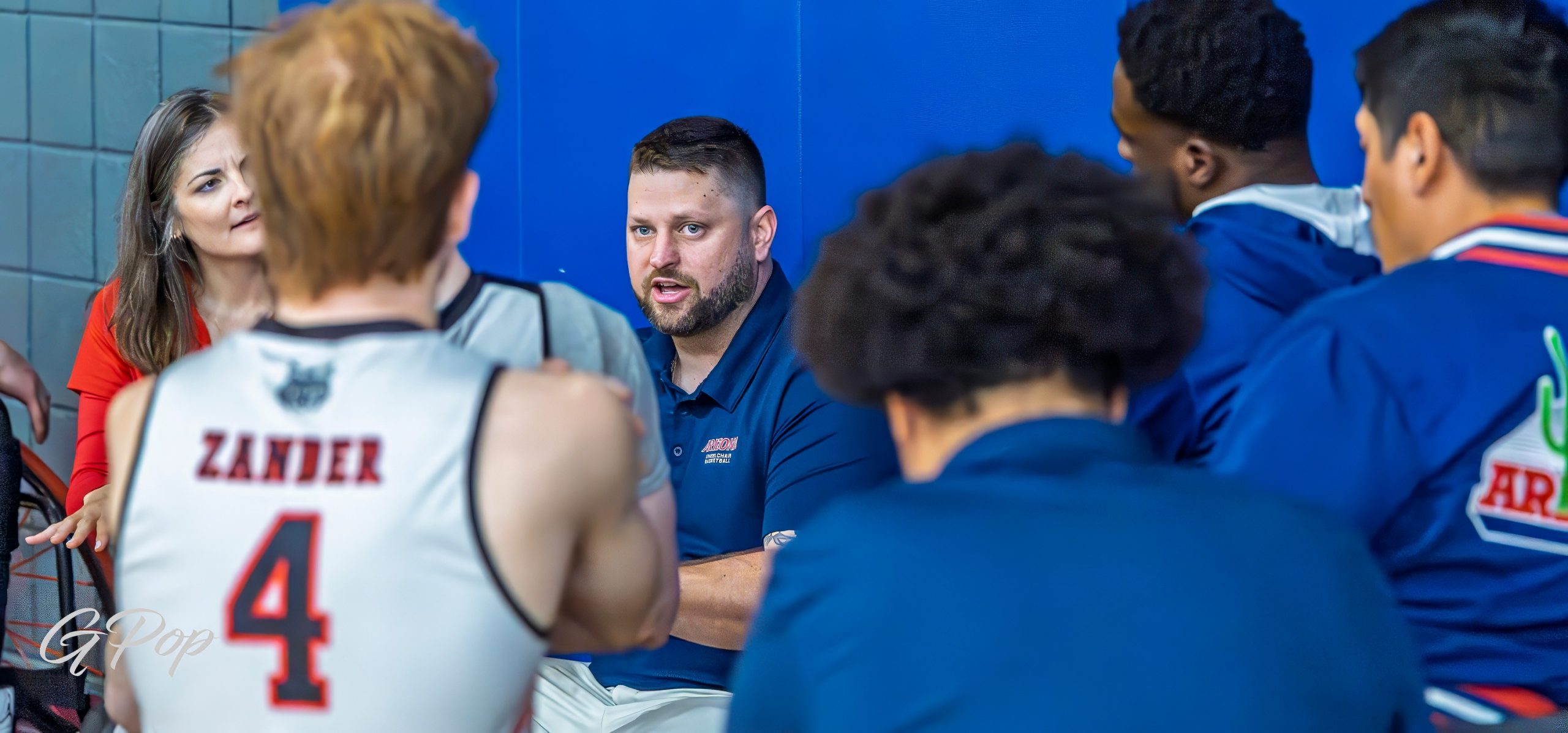
The program became its own entity with college students in 2019, apart from Arizona’s Southern Arizona Adaptive Athletics operation headed by executive director Mia Hansen.
“The Tucson community didn’t have a community adaptive sports outlet before Mia Hansen and Southern Arizona Adaptive took that over (for people of all ages), which allowed us to focus on only student-athletes and that got us into the college division (with the NBWA),” Beardsley said.
Arizona has experienced immediate success as the No. 1 overall seed in the 2023 and 2024 national tournaments in addition to this year.
The Wildcats lost to Wisconsin-Whitewater in the championship game last season at Marshall, Minn. They came up short in the 2023 national championship against Alabama at Whitewater, Wis.
Beardsley mentioned the program’s quick ascent to the top has brought criticism from other programs during the recruiting process.
“We’re basically still like the new kids on the block, and we get treated like that sometimes,” he said. “We’re also a little bit non-traditional in the fact that everybody kind of runs the same system. We’re a little bit different.
“We run four different defenses. We like to play really fast. I told my guys that they all got the green light to shoot. We love to shoot. I guess we’re just non-traditional. Sometimes in recruiting and stuff, they use that against us. It was good validation for the program as a whole to say we are a top-tier program by finally breaking through and winning the national title.”
With time running down in Saturday’s win over UT-Arlington, Beardsley could sense the emotion from his players and called timeout to accentuate the moment and provide one last chance to have all in attendance observe the national-champion Wildcats.
“I brought the team in, and I just wanted them to understand the importance of winning the program’s first national title,” Beardsley said. “I also wanted the crowd, the parents and the other teams to kind of soak in the moment. We’re kind of the black sheep of the NWBA. It was kind of a just, ‘Hey, let’s let it soak-in’ moment.
“We will never get this moment again with it being the first. I told the guys to take as long as they needed to celebrate, as long as they wanted to celebrate, and that they should just be in the moment. I thought the final seconds ticking down were a real, real good moment for all of us.”
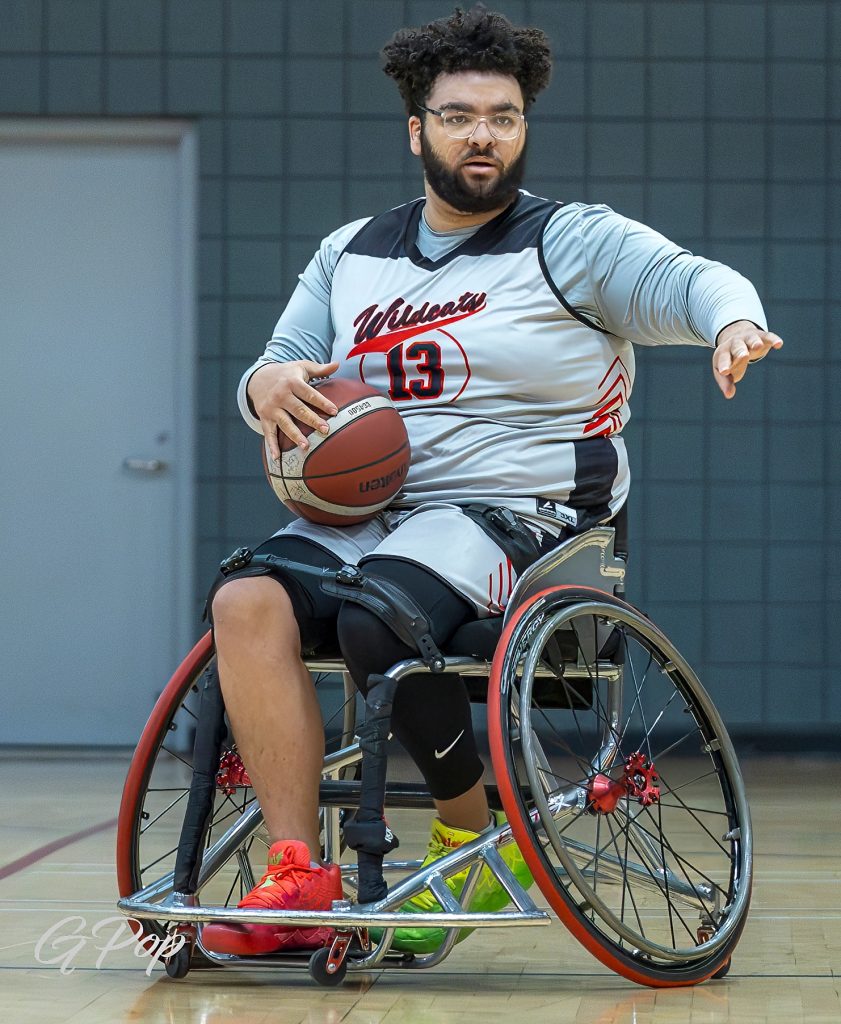
Beardsley has worked at Arizona’s Disability Resource Center since he graduated from Sunnyside in 2009. He started part-time working there as a freshman at Arizona when the director of the DRC was being treated at the Arizona Cancer Center, where his grandmother worked.
The director mentioned she needed an assistant and Beardsley’s grandmother recommended him.
“They hired me on at four hours a week as her assistant, and that parlayed into 10 hours a week helping out with sports and events,” Beardsley said. “That parlayed into 20 hours a week and then full-time eventually in 2014 when I graduated from the U.
“I’ve always laughed at it. It’s been my first and only job, and I hope it stays that way. I can’t imagine doing anything else at this point.”
In 2014, when he became full-time at the DRC, budget cuts that forced layoffs required him to start coaching basketball as an assistant, in addition to other administrative duties.
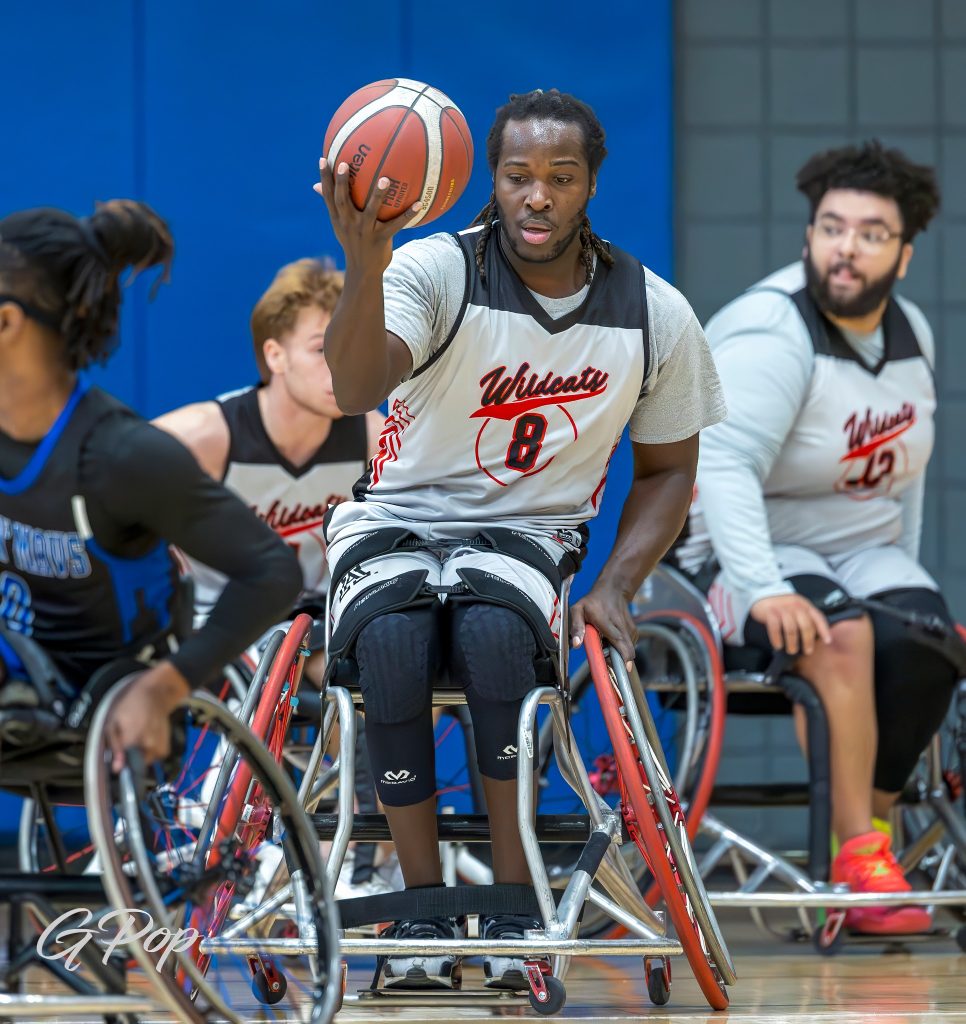
Beardsley had a baseball background at Sunnyside playing for Ernie Palomarez. He was also part of the Sunnyside Little League baseball team that made it to the Juniors regional championship in 2006.
Coaching wheelchair basketball became a passion of his after he started working with players of all ages in 2014.
“When I started coaching, I didn’t have any really anticipation that it would turn into this (winning a national title), but I fell in love with the sport on Day One,” he said. “I fell in love with the camaraderie. Adaptive sports still have this preservation that everybody can be themselves.
“There’s so many different people, so many different walks of life, all ages. People get injured at different ages. They get a disability at different ages. It’s beautiful to see the mesh of cultures and individuals due to a common thing.”
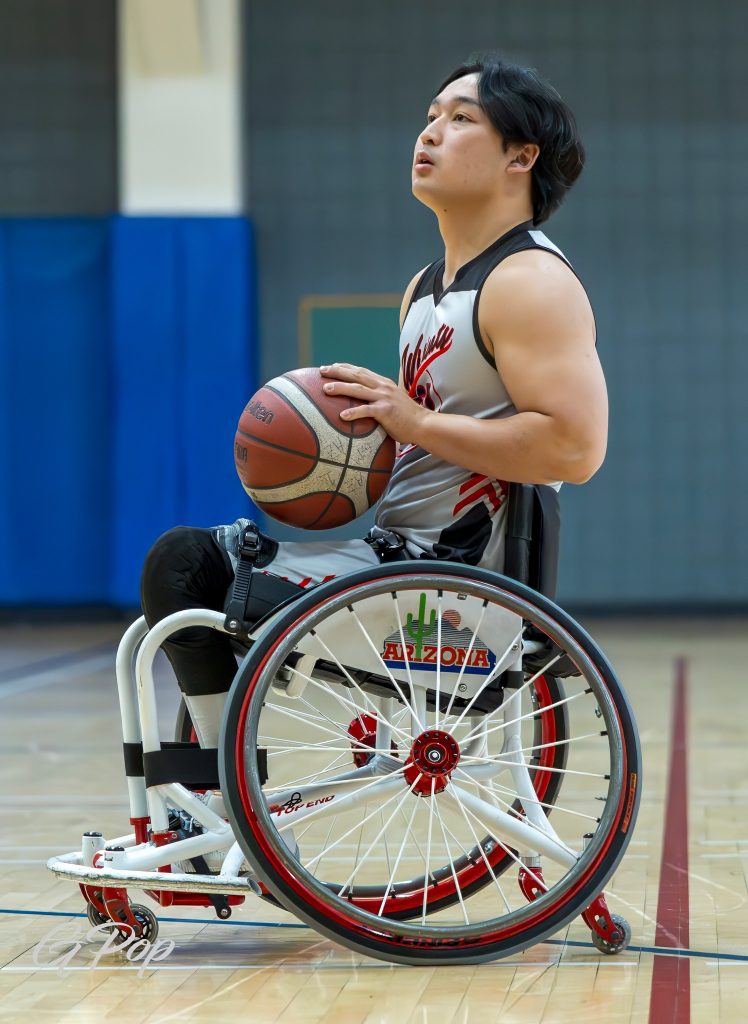
Beardsley added that coaching students now with different classifications of their disability allows for everyone to contribute at a high level.
The NWBA goes off a point system as a classification of a player’s disability for competing availability.
A player with a higher disability is classified with a 1.0. They have less function of their entire body. They include people with spinal-cord injuries who might not have function from their chest down, compared to a 4.5 who could be a below-the-knee amputee and has full function of their abdomen and a lot more movement of the chair.
A coach can only have 14 total points on the court at one time.
“I can’t throw out my five best players, because most of the time the best players are at a 4.5,” Beardsley said. “For instance, (senior) Justyn Newman (26 points against UT-Arlington) is a 4.5 and he averages 30 points a game. With him on the court. I can only have 9.5 other points, and I have to maneuver through that.
“It makes it very tough as a coach. You’ve got to develop guys a certain way. You have to deal with flaws of certain athletes. I just found that to be so unique and intriguing.”
Many of his recruits are also at the outset of their wheelchair basketball careers depending on the length of their disability.
Louie was 16 when he suffered a rare non-traumatic injury called surfer’s myelopathy, a loss of blood flow in the lower spine resulting in complete paralysis from the waist down. He was active in sports before this occurred, but he is relatively new to wheelchair basketball.
Beardsley and Maravilla recruit athletes behind money from fundraisers. They don’t have a recruiting budget provided by the university.
Their salaries are paid by the university but everything else is made possible through donations, including the travel of the team for road games and their national tournament appearance.
Other established programs such as Alabama and Illinois provide full scholarships. Arizona offers partial scholarships to their athletes at this time.
“The majority of the scholarships that we get, we either write grants or we have sponsors provide that for us,” he said. “That’s kind of our goal, to increase that as much as we can, so that we can compete consistently.
“The university does what they can to support us. Of course, it could always be more. You can always ask for more. But they do a good job. Athletics does a good job of supporting us, giving us exposure in the Red-Blue Game and shouting us out during football games and all that. We’re really appreciative of what the university does.”
Winning a national championship certainly helps with getting the word out about the program to prospective donors.
Many in the local media have reached out to Beardsley for interviews. Arizona followers have reacted strongly on social media to the significant accomplishment.
Hosting the national tournament next year will only intensify the awareness of what Beardsley and the program are trying to accomplish annually.
“We’re really hoping that with this recognition that we find some people who might want to support us and see that their donations translate into winning,” Beardsley said. “Their donations also contribute towards a really good cause, not just from the standpoint of helping individuals with disabilities, but we’ve got some great kids that are getting some great degrees and becoming teachers, engineers, etc., and they in turn are giving back to the community.
“It reminds me of how sports were like in the 1980s, when you heard about communities rallying around the college athletes and really investing in them to get an investment back. We don’t have to deal with NIL or the transfer portal stuff yet. We get to keep these kids for a while, and they can establish a relationship with donors. I think the university could really benefit from promoting us, selling that and building relationships with donors.”
FOLLOW @JAVIERJMORALES ON TWITTER!
ALLSPORTSTUCSON.com publisher, writer and editor Javier Morales is a former Arizona Press Club award winner. He is a former Arizona Daily Star beat reporter for the Arizona basketball team, including when the Wildcats won the 1996-97 NCAA title. He has also written articles for CollegeAD.com, Bleacher Report, Lindy’s Sports, TucsonCitizen.com, The Arizona Republic, Sporting News and Baseball America, among many other publications. He has also authored the book “The Highest Form of Living”, which is available at Amazon. He became an educator in 2016 and is presently a special education teacher at Sunnyside High School in the Sunnyside Unified School District.

